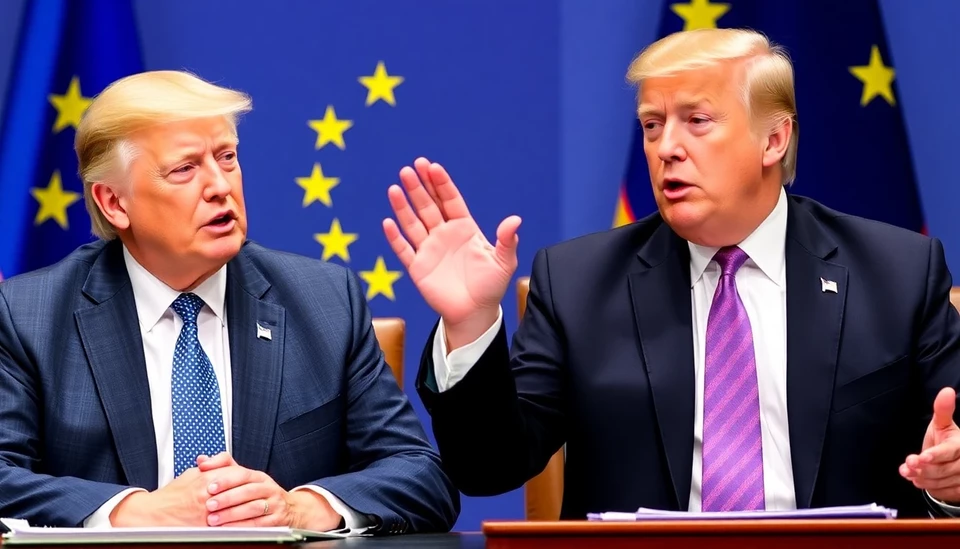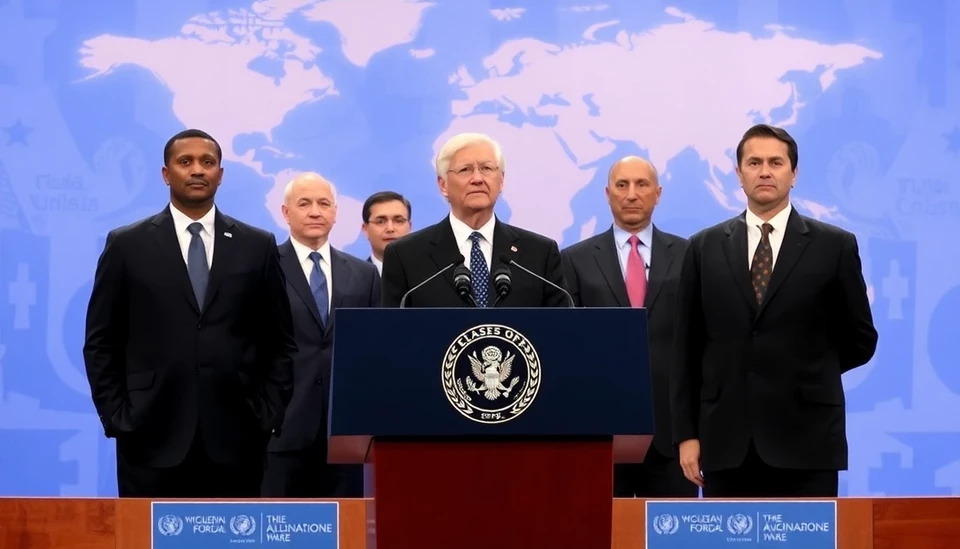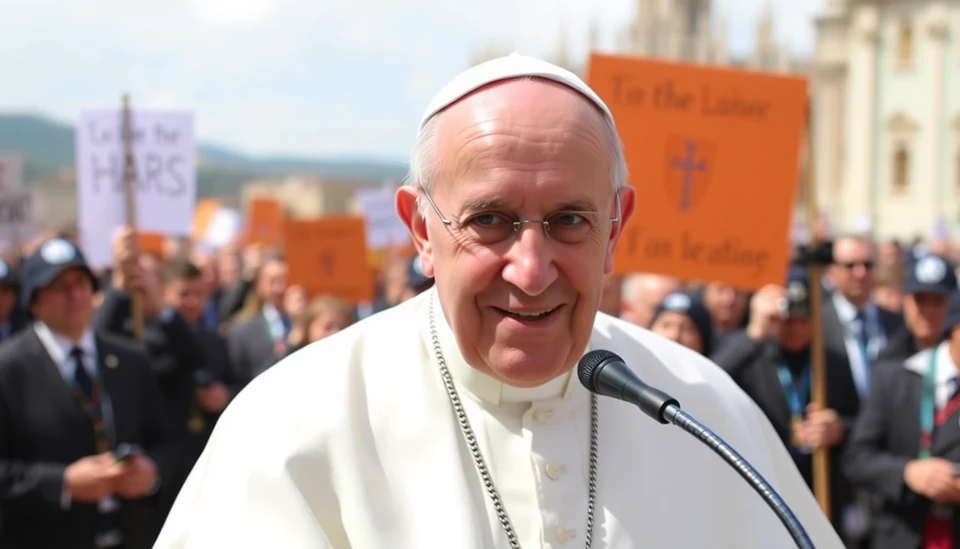
In a bold move that has sparked outrage and condemnation across Europe, former U.S. President Donald Trump announced his decision to withdraw from the Paris Climate Agreement. This monumental decision, highlighting stark differences between the U.S. and European stances on climate change, has led to a fierce backlash from European officials who view this as a significant setback in the global fight against climate change.
The Paris Climate Agreement, adopted in 2015, aimed to limit global warming well below 2 degrees Celsius compared to pre-industrial levels. Trump's withdrawal from this landmark pact has reignited discussions among European leaders about the importance of international cooperation in addressing one of the most pressing issues facing humanity today.
European Commission President Ursula von der Leyen expressed her disappointment, stating that “the climate crisis knows no borders, and we must work together to combat it.” She highlighted the dangers posed by climate change, including rising sea levels, extreme weather events, and biodiversity loss, all of which affect countries regardless of their participation in international agreements.
Furthermore, French President Emmanuel Macron took to social media to rally support for re-engaging in climate action, emphasizing, “We will not give up on climate change. United, we stand stronger than any nation.” His remarks reflect a growing frustration among European leaders who strive for a unified and effective approach to global warming.
The Italian Minister for Ecological Transition, Roberto Cingolani, described Trump’s action as "an alarming regression" and underscored the necessity of full international solidarity in combating climate change. “Together, we must lead the change,” Cingolani urged, advocating for increased efforts within the EU to meet emissions targets.
In Britain, which departed the EU after the Brexit referendum, Prime Minister Rishi Sunak echoed these sentiments, declaring that the U.K. remains committed to upholding its climate pledges regardless of U.S. policy shifts. The U.K. hosted the COP26 in 2021, where global leaders convened to discuss strategies to combat climate change, and many see this as an essential continuation of leadership in sustainability efforts.
Moreover, the ramifications of Trump's decision are not limited to the political landscape; they extend into the business world as well. European firms heavily invested in renewable energy technologies view this withdrawal as a potential market risk. Many industry leaders urged Trump to reconsider his stance, emphasizing how vital the transatlantic alliance is for technological advancement and global strategies against climate change.
While the U.S. has seen a growing divide on the importance of climate action, European countries are increasingly forming bonds over their unified approach towards achieving net-zero emissions. The backlash from politicians and environmentalists alike aims not only to condemn Trump’s withdrawal but to galvanize public opinion to bolster efforts against climate change.
The discussion now turns to what next steps global leaders will take in response to Trump's decision. Many feel this could galvanize European nations to accelerate their own climate policies and push for more stringent frameworks that compel compliance with climate goals, irrespective of U.S. positions.
As the world watches these developments unfold, the hope remains that collaborative efforts on climate action prevail in shaping a more sustainable future.
#ClimateAction #ParisAgreement #Sustainability #EuropeanUnion #ClimateCrisis #Trump #EnvironmentalPolicy
Author: Megan Clarke




